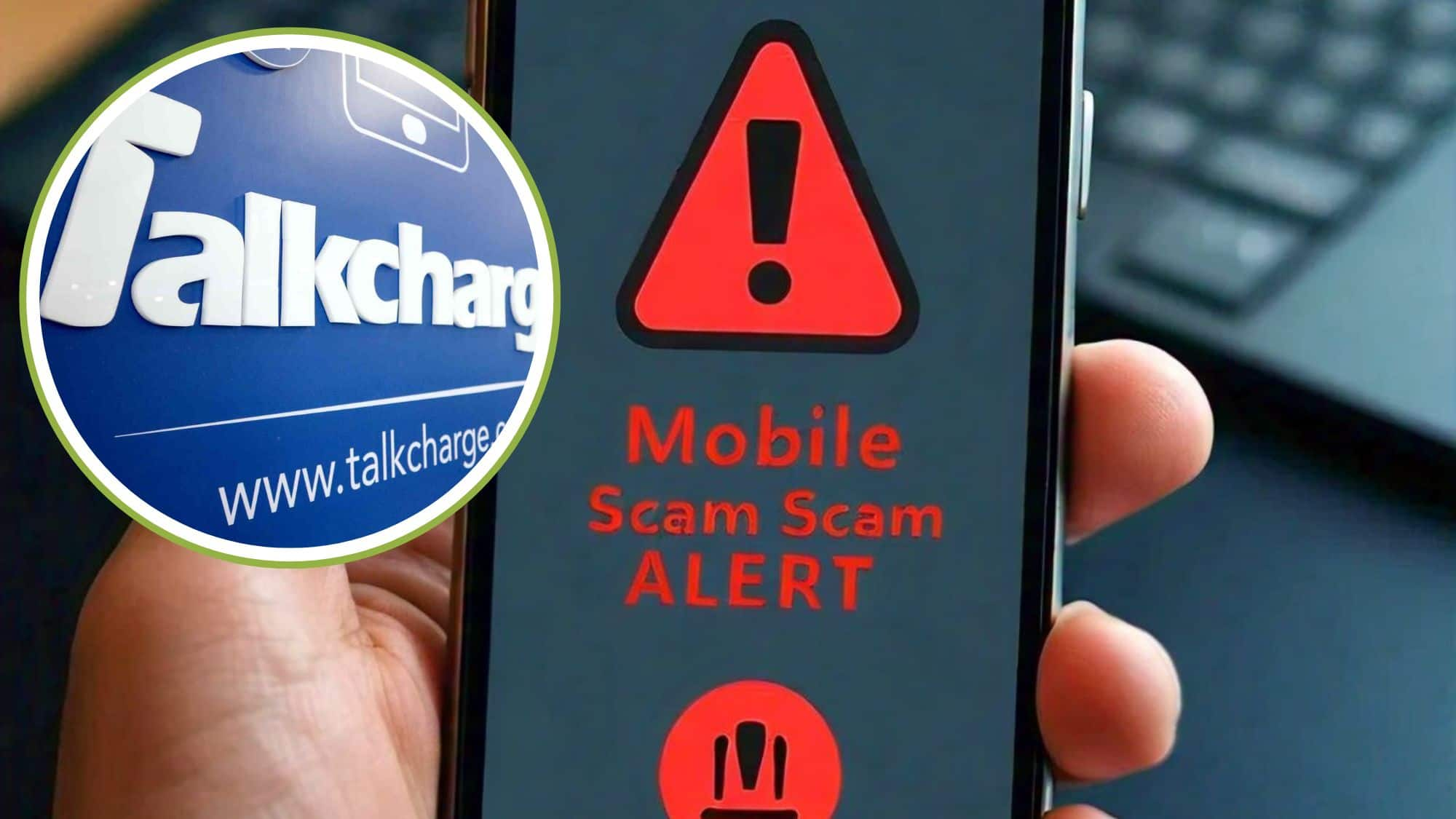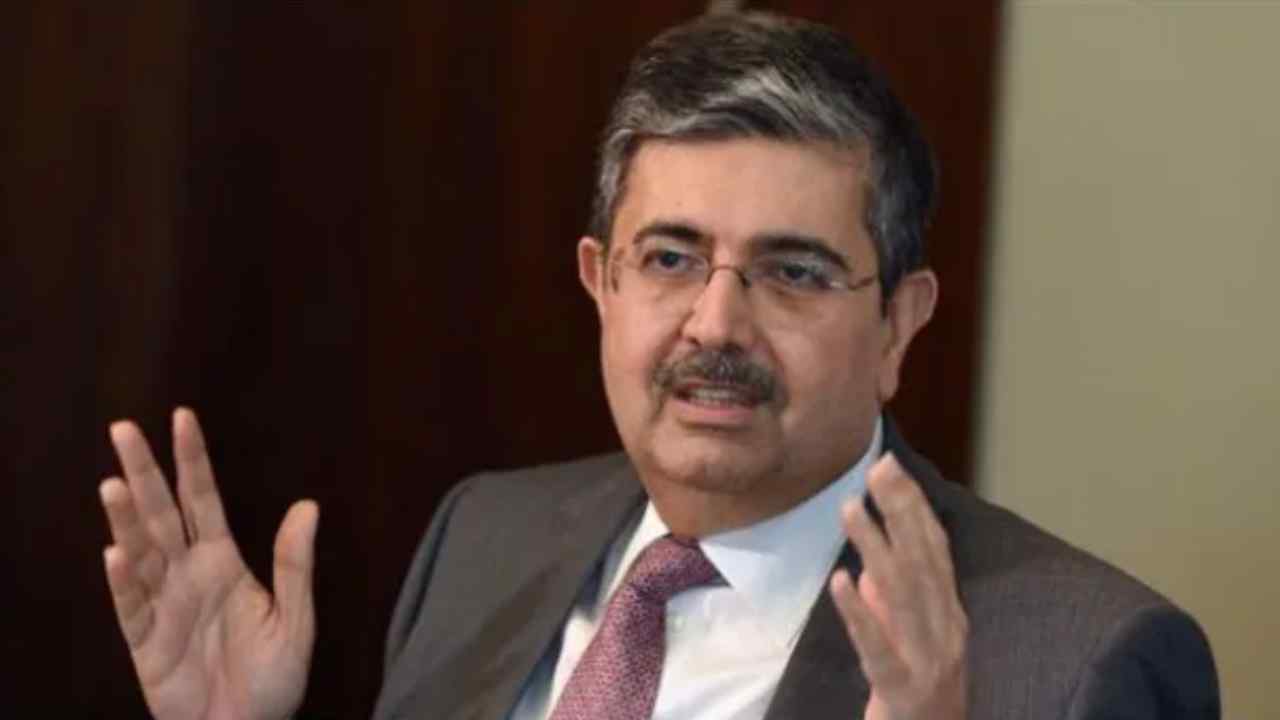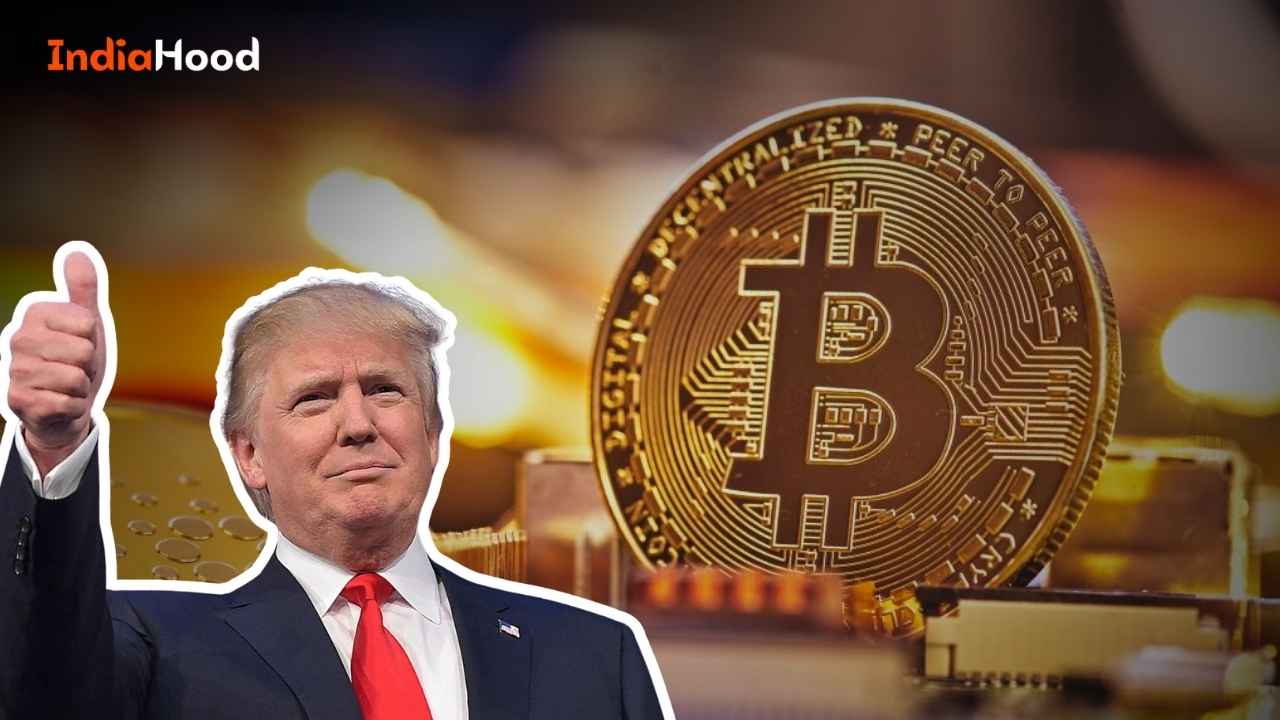Massive Wallet Scam Unveiled: The TalkCharge Debacle
A staggering wallet scam has emerged, revealing that a Gurugram-based company, TalkCharge, has allegedly defrauded individuals of a whopping ₹5,000 crore. Investigations initiated by CNN-News18 unveiled that users were drawn in by promises of extraordinary returns, branded as cashback offers. Victims are claiming that this Ponzi scheme is responsible for the massive financial losses they have suffered. In April 2024, the company was reportedly shut down amidst growing complaints and scrutiny.
The Facade of TalkCharge
The company was established by Ankush Katiyar in Gurugram, and it initially presented itself as a prepaid payment service provider. Victims have shared their harrowing stories, such as Ram Avtar Sharma from Dausa, Rajasthan, who expressed his disbelief at having lost all his life savings. His faith in the app blinded him to the risks, leading him to take out bank loans to invest further, making his financial situation desperate.
How TalkCharge Manipulated Users
TalkCharge launched with attractive cashback offers that lured a significant number of users. For instance, they promised ₹1,666 cashback on a deposit of ₹4,999 and an unbelievable offer of ₹7,50,000 in cashback for depositing just ₹59,999 into a TalkCharge wallet. This deceptive strategy played with users’ emotions and financial aspirations, leading to widespread investment.
A High-Risk Scheme in Disguise
Victims report that trusting TalkCharge was a critical mistake. By 2017, as the e-wallet landscape grew competitive, TalkCharge began to carve its niche with high cashback rates, gaining reasonable trust. Despite the initial success, the company’s downfall began in 2023, following a series of aggressive promotional strategies that culminated in fraudulent activity.
The Escalating Scam
In July 2023, TalkCharge introduced a 20% service charge, followed by the promotion of a ‘No Fees’ code in August, which lured users with the false promise of easy withdrawals. However, by January 2024, reports of successful transactions where payments were not received by the vendors started surfacing, culminating in March 2024 when all withdrawal services were halted entirely.
The Harrowing Impact on Victims
Sharma shared that he and his family members collectively lost ₹1.19 crore. The financial burden has become overwhelming for him, affecting his ability to pay EMIs, leading to harassing calls from banks. The TalkCharge scam has ensnared individuals from various walks of life, including small business owners and high-ranking corporate executives, with more than 800 victims reported during CNN-News18’s investigation.
Questioning the Accountability of Co-founders
Many are now questioning the role of TalkCharge’s co-founder, Shivani Maheshwari, who has a history in venture capitalism but little experience in business management. Victims are puzzled about how she could invest significantly in multiple startups without prior industry exposure, particularly given the scale of the fraud.
Legal Actions and Investigations
Numerous complaints have been lodged against TalkCharge’s promoters, leading to an FIR filed with the Economic Offences Wing of the Gurugram police. Investigations are focused not only on Ankush Katiyar but also on Shivani Maheshwari and other employees. Following mounting pressure, Katiyar was arrested by Delhi Police on September 4.
The Need for Regulatory Accountability
Experts, like retired IRS officer Anil Rawat, have noted that while the company initially resembled any typical wallet app, its transition to offering extravagant cashback in exchange for deposits marked its descent into fraudulent operations. The question of adequate regulatory oversight has come to the forefront, emphasizing the need for effective enforcement mechanisms to prevent such scams from reoccurring.
This scandal has not only rocked the lives of countless individuals but also sparked a wider conversation about the efficacy of existing safeguards in the financial sector. Victims continue to seek redress, highlighting the importance of stringent regulatory frameworks to protect investors from such fraudulent schemes.











